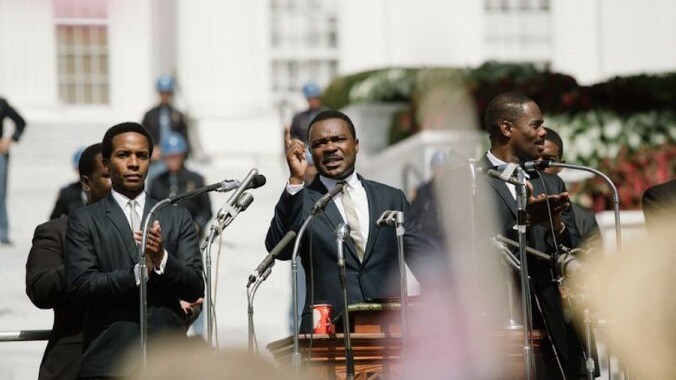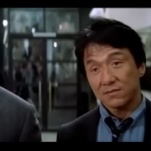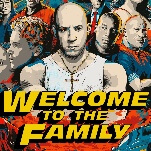David Oyelowo says the Selma cast's Eric Garner protest angered the Academy, hurt Oscar chances

#OscarsSoWhite helped shape the discourse following a 2015 Academy Awards ceremony with nearly no diverse representation among its categories—a result, no doubt, of a voting body that was 94% white, 77% male, and 86% age 50 or older. Since then, the Academy’s sought to shake up its ranks, but, as Green Book’s big win shows, real progress takes time.
The only film from a Black filmmaker to make an impact at the 2015 Oscars was Ava DuVernay’s Selma, a portrait of Martin Luther King, Jr. that, while nominated for Best Picture and Best Score, was surprisingly shut out of the directing and acting categories. Now, in a new interview with ScreenDaily’s Screen Talks, star David Oyelowo credits the film’s lack of Oscar recognition to the Academy’s problems with a tribute he and the cast paid to the late Eric Garner.
“Six years ago, Selma coincided with Eric Garner being murdered,” Oyelowo said. “That was the last time we were in a place of ‘I Can’t Breathe.’ I remember at the premiere of Selma us wearing ‘I Can’t Breathe’ t-shirts in protest. Members of the Academy called in to the studio and our producers, saying, ‘How dare they do that? Why are they stirring S-H-I-T?’ and ‘We are not going to vote for that film because we do not think it is their place to be doing that.’”
As Vulture points out, Oyelowo’s story is supported by an anonymous interview The Hollywood Reporter conducted with a female Academy member in 2015. “I’ve got to tell you, having the cast show up in t-shirts saying ‘I Can’t Breathe’—I thought that stuff was offensive,” the woman is quoted as saying. “Did they want to be known for making the best movie of the year or for stirring up shit?”
DuVernay, meanwhile, took to Twitter to confirm Oyelowo’s account. “True story,” she wrote.







































